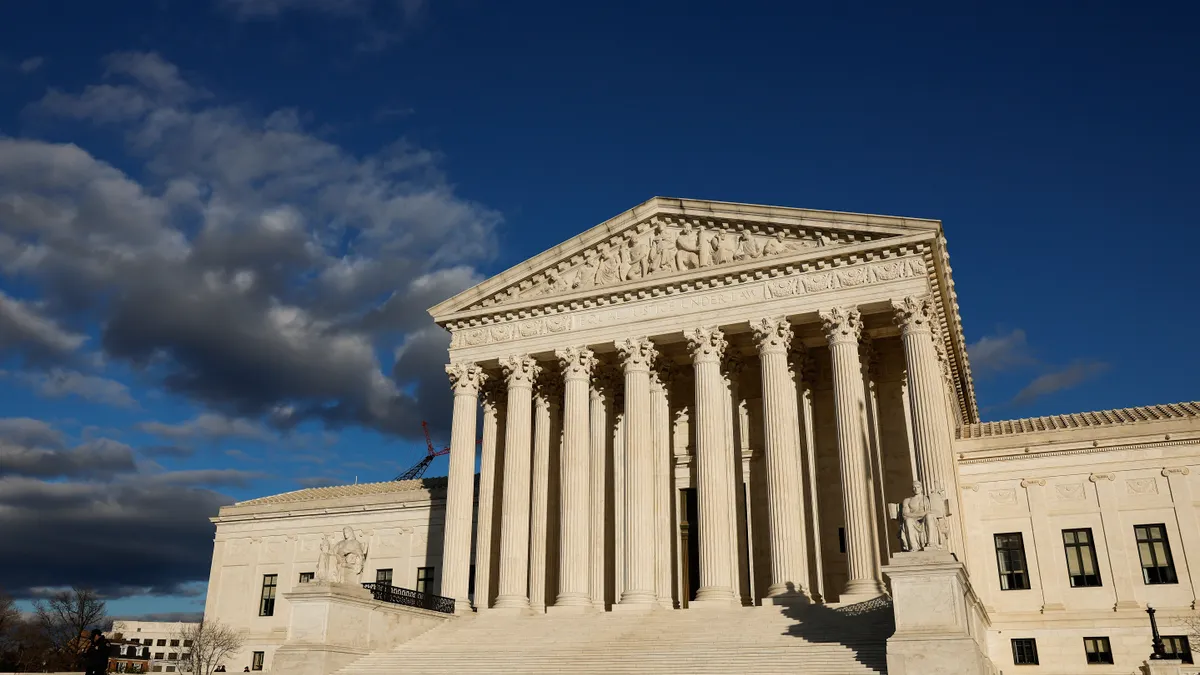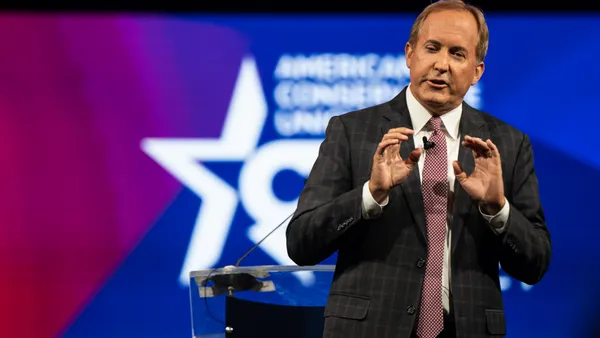A central flaw of corporate paradigms, as is often noted in popular culture, is the mind-numbing and dehumanizing effect of bureaucracy. Sometimes we are horrified and sometimes we laugh, but arguments for or against the free market may be misguided if we fail to address bureaucracy's corrosive role in the business model.
Current claims about private, public, or charter schools in the education reform movement, which has its roots in the mid-nineteenth century, may also be masking a much more important call to confront and even dismantle the bureaucracy that currently cripples universal public education in the U.S. "Successful teaching and good school cultures don't have a formula," argued legal reformer Philip K. Howard earlier in this series, "but they have a necessary condition: teachers and principals must feel free to act on their best instincts....This is why we must bulldoze school bureaucracy."
Bureaucracy, however, remains an abstraction and serves as little more than a convenient and popular target for ridicule -- unless we unpack what actions within bureaucracy are the sources for many of the persistent failures we associate erroneously with public education as an institution. Bureaucracy fails, in part, because it honors leadership as a primary quality over expertise, commits to ideological solutions without identifying and clarifying problems first, and repeats the same reforms over and over...












